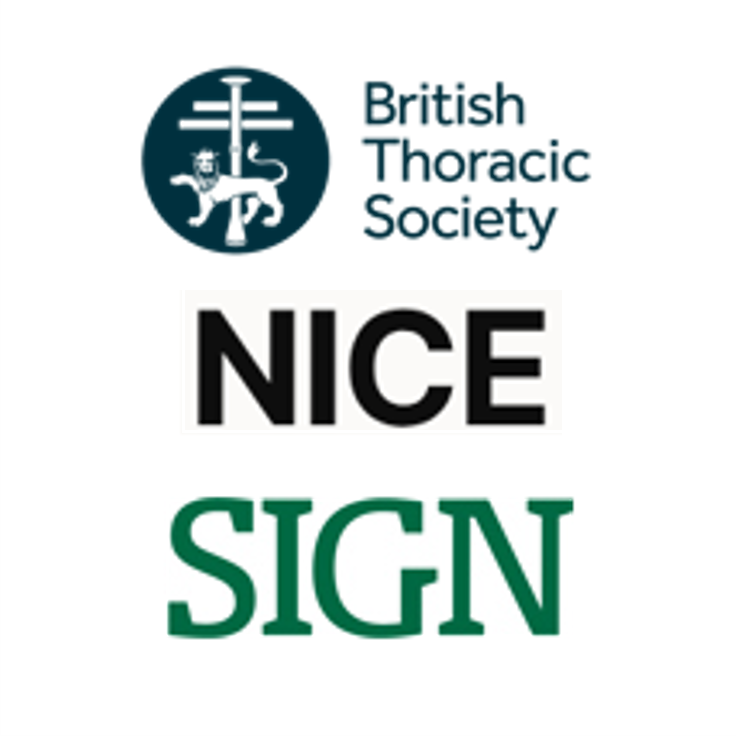Why the committee made the recommendations
The evidence for children and young people found that increasing the dose of inhaled corticosteroid (ICS) when asthma control deteriorates did not result in any benefits or harms compared with the usual dose in terms of reducing subsequent asthma exacerbations. It was limited to only 1 study with a small number of participants who had a personalised action plan. The committee also looked at studies in adults, but they agreed that the evidence was not applicable because of the high average age of participants.
The committee discussed the importance of a personalised action plan to guide children and young people if their asthma worsens and to reassure them that they are in control of their treatment. Children and young people who find that increasing their dose of ICS is helpful when their asthma control worsens should be able to continue to do this as an agreed strategy in their action plan. However, based on their experience, the committee members agreed that it is important to review the child or young person's self-management plan if their asthma control is deteriorating. Reviews involve checking current medicines and inhaler technique, discussing any factors that may be triggering symptoms, discussing adherence and education needs, and reviewing their action plan. They should be carried out as needed, in addition to annual review.
The committee discussed the importance of an individualised approach for children and young people, because they have varied and changing support needs at different ages. Studies have shown that most child asthma deaths involve children who have frequent but mild symptoms that are not responding to management in their personalised action plan. This recommendation should help to ensure that these children and young people receive the support that they need if they start to have problems with their asthma control.
The committee agreed that further research is needed to give clearer guidance on increasing the dose of ICS in children and young people within a self-management programme. They made a research recommendation on increasing the dose of ICS within a personalised self-management programme for children and young people to promote further research and inform future practice.
How the recommendation might affect practice
The recommendation will lead to an increase in the review of self-management programmes for children and young people and reduce the variation in current practice for this. The increase in resources needed for this is likely to be offset by a reduction in the cost of treating asthma exacerbations.
Full details of the evidence and the committee’s discussion are in evidence review from NG80: increasing ICS treatment within supported self-management for children and young people.
